Comprehensive Guide to Tenant Rights and Illegal Eviction Practices in Florida
In Florida, the law provides significant protection for tenants, ensuring they cannot be forcibly removed from their rented homes without due process. Florida Statute § 83.67 explicitly prohibits landlords from engaging in what are known as " self-help eviction " tactics. This means that a landlord must follow a specific legal procedure to evict a tenant, even if there are grounds for eviction, such as non-payment of rent or violation of the lease agreement. Taking matters into their own hands by attempting to force a tenant out is illegal in Florida.
What Actions Constitute Illegal Eviction in Florida?
Under Florida law, landlords are specifically forbidden from taking the following actions to try and make a tenant leave without a court order. These are considered prohibited practices :
- Shutting Off Utilities: Landlords cannot intentionally interrupt essential services like water, electricity, gas, or heat.
- Changing Locks: Preventing access to the property by changing or removing locks on doors or even removing the doors themselves is illegal.
- Removing Personal Property: A landlord cannot remove a tenant's belongings from the premises unless it's done following a lawful eviction carried out by a law enforcement officer after a court order.
- Restricting Access: Any other action that prevents or unreasonably restricts a tenant's access to their home is prohibited under Florida law.
Why are Self-Help Evictions Illegal?
The prohibition of self-help eviction methods in Florida, and elsewhere, is rooted in the principle of due process. The legal system provides a structured way for disputes between landlords and tenants to be resolved fairly. By requiring landlords to go through the courts to obtain an eviction order, the law ensures that tenants have the opportunity to be heard, present their case, and potentially resolve any issues. Allowing landlords to forcibly remove tenants without this legal oversight could lead to unjust evictions and potential harm to tenants.
The Legal Eviction Process in Florida: What Landlords Must Do
To legally evict a tenant in Florida , a landlord must follow a specific process, which typically involves:
- Providing Proper Notice: The landlord must serve the tenant with a written notice specifying the reason for eviction and the timeframe to either correct the issue (e.g., pay overdue rent) or vacate the property. The type and length of notice depend on the reason for eviction (e.g., a Three-Day Notice for non-payment of rent ).
- Filing an Eviction Lawsuit: If the tenant does not comply with the notice, the landlord must file a lawsuit for eviction in the county court.
- Serving the Tenant: The tenant must be officially served with a copy of the lawsuit.
- Court Hearing: The tenant has a right to respond to the lawsuit, and a hearing will typically be held where both the landlord and tenant can present their case before a judge.
- Obtaining a Court Order: If the judge rules in favor of the landlord, an order will be issued requiring the tenant to vacate the premises by a specific date.
- Law Enforcement Involvement: If the tenant still does not leave after the court order, the landlord must involve the sheriff's office to legally remove the tenant.
Tenant Remedies for Illegal Eviction in Florida
If a landlord attempts to illegally evict a tenant through prohibited practices, the tenant has several legal options. According to Florida law , a tenant can sue the landlord for damages. The potential remedies include:
- Actual Damages: Compensation for any financial losses the tenant has incurred as a direct result of the illegal eviction.
- Statutory Damages: An amount equal to three months' rent , or the actual damages, whichever is greater.
- Legal Costs and Attorney's Fees: The tenant may also be able to recover the costs of filing the lawsuit and the fees for their attorney.
- Injunctive Relief: A tenant can ask the court to issue an order (injunction) directing the landlord to stop the illegal actions and allow the tenant back into the property.
- Recovery of Possession: The tenant can seek a court order to be reinstated in the rental property.
What to Do If Your Landlord Attempts Illegal Eviction
If your landlord tries to evict you illegally by taking actions like shutting off utilities or changing locks, it's crucial to take immediate steps to protect your rights:
- Document Everything: Keep detailed records of any illegal actions taken by your landlord, including dates, times, photos, and videos if possible.
- Contact the Police: If your landlord has locked you out or is actively trying to force you out, you should contact the police and inform them that your landlord is engaging in illegal eviction practices under Florida Statute § 83.67.
- Seek Legal Advice Immediately: Contact a landlord-tenant lawyer in Florida as soon as possible. An attorney can advise you on your rights and help you take the appropriate legal action against your landlord.
- Consider Sending a Demand Letter: Your attorney may advise you to send a formal demand letter to your landlord, outlining the illegal actions and demanding that they cease immediately and potentially compensate you for damages.
If you are facing issues with your landlord in Florida, it is advisable to seek legal counsel to understand your rights and options. Brian K. Korte, a founding partner of the law firm of Korte & Associates, concentrates his practice in areas including trial litigation and represents clients throughout Florida. With over 20 years of experience in consumer defense, Mr. Korte is an advocate for his clients, helping them find solutions for their individual situations.



